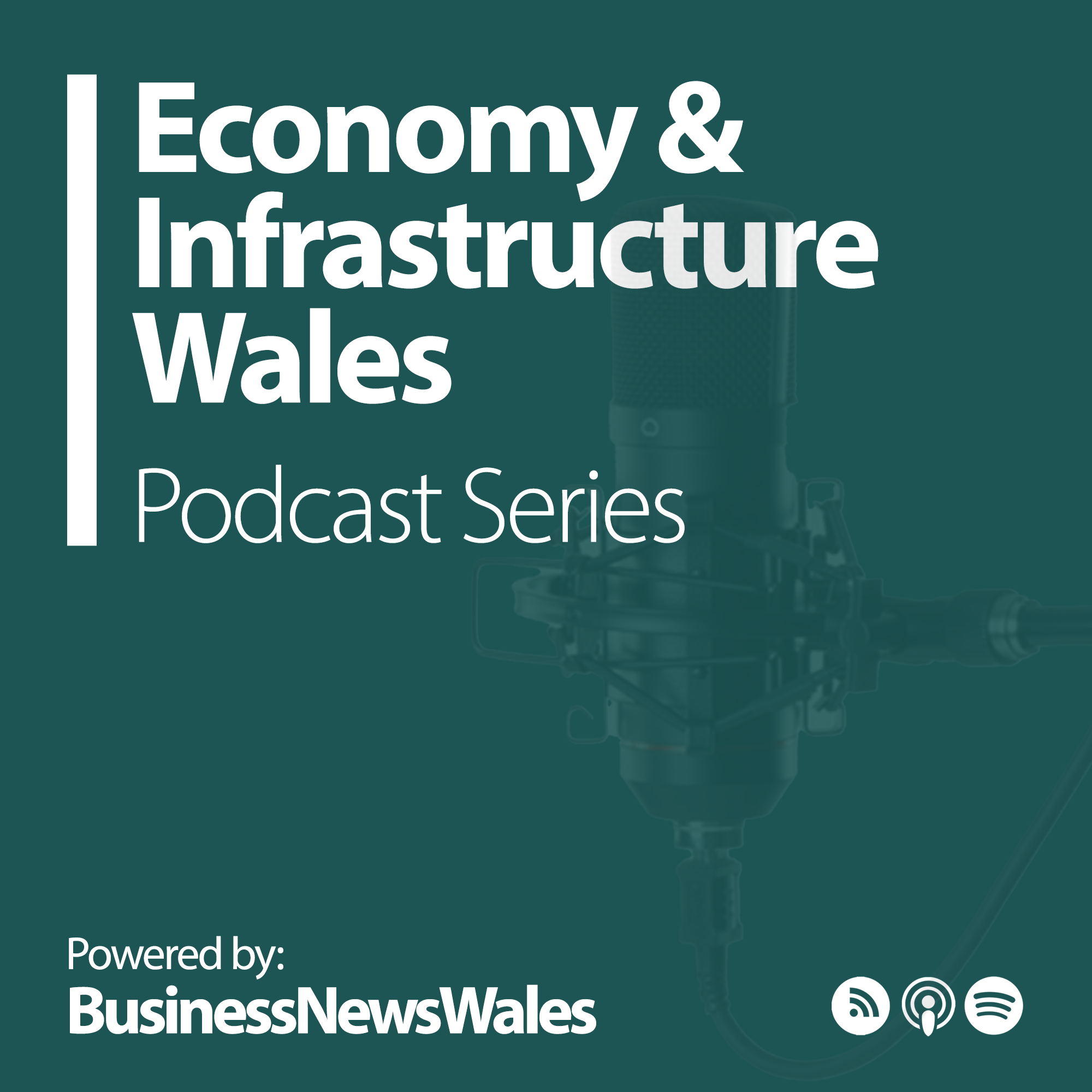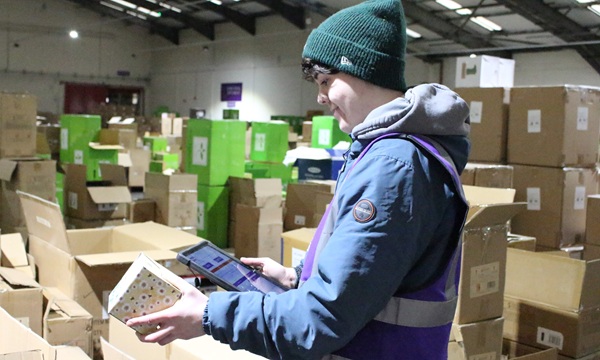
GUEST COLUMN:
Dr. Helen Howson
Director
Bevan Commission

Wales is at a crossroads. The decisions we take today will determine whether our country merely survives or truly thrives in the face of profound demographic, social, and economic change.
The Bevan Commission, as Wales’ leading health and care think tank, has been examining the future sustainability of our nation. What we have found is sobering. The challenge is no longer just about improving our health services. It is about addressing the health and wellbeing of the Welsh population, how we live, work, and age through the next decade and beyond.
By 2045, the Welsh population will be older, sicker, and facing rising levels of chronic disease. The number of people aged 90 and over will nearly double. Dementia cases are expected to rise by 70%. Chronic conditions such as diabetes, cancer, and mental health disorders will place even greater strain on services already under pressure. We are facing a fundamental demographic shift. By 2045, there will be just two working-age adults for every person aged 65 or over, compared to three today. That change will grow seven times faster than the under-65 population.
This will have far-reaching consequences. With fewer young people entering the workforce and more people needing support later in life, we are heading towards a situation of “fewer hands; greater demands.” The most critical gaps are likely to appear in social care, where projections suggest a need for more than 40,000 additional staff and 20,000 more care home beds. Our tax base will come under pressure.
Public services will be stretched. More people will be working later in life, often with complex health needs of their own. By some estimates, workforce sickness absences could rise by as much as 27.5%. This is on top of current sickness absence rates in Wales of 2.3% – 7.2 million days lost through sickness absence per year.
And yet, while the outlook may appear stark, Wales is not without hope. We have a clear opportunity and indeed, a responsibility to act now.
The key lies in prevention, not just treatment. We must move from a sickness model to one rooted in wellbeing. Keeping people healthier for longer will be important, and the workplace is one of our most powerful settings to make that happen.
We are not talking about costly gym memberships or large-scale programmes. Small, meaningful changes, like walking instead of taking the lift, or encouraging team walking groups, can build core strength, combat sedentary lifestyles, improve productivity, employee retention, talent attraction, and innovation. Employers can play a vital role by supporting healthy behaviours, offering incentives for daily activity, and rewarding personal wellbeing achievements. Initiatives such as the Education for Patients Programme (EPP), led by volunteers, are also helping people to manage long-term conditions with greater confidence and autonomy.
Raising awareness about the signs of cancers and other major conditions, expanding access to simple health checks (such as blood pressure monitoring), and ensuring that people can get the right support at the right time are critical steps towards a healthier and more productive Wales.
But physical health is just one part of the picture. We must also acknowledge the growing pressure on people's emotional and mental wellbeing, whether it is caused by caring responsibilities, financial hardship, work or life’s other stresses. Creating supportive, compassionate working environments will be vital, alongside flexible policies that reflect the complex lives people lead, including support for unpaid carers.
This is not just the role of the NHS. All of us, government, employers, communities and individuals, have a part to play in shaping a healthier, more sustainable Wales. We must build a culture that values work-life balance, that supports people to care for themselves and one another, and that sees wellbeing not as an added benefit but as a foundation for our future.
Wales can be fit for the future, but only if we act now. The path ahead will not be easy, but it is navigable. By investing in prevention, embracing innovation, and supporting people where they live, work and play, we can help transform the challenge of an ageing population into an opportunity for a healthier, more resilient nation. A business that leads supportive, flexible, and healthy working environments will not only have a more resilient workforce but will also become an employer of choice in an increasingly tight labour market.
Let us build a Wales not defined by illness but strengthened by wellbeing













